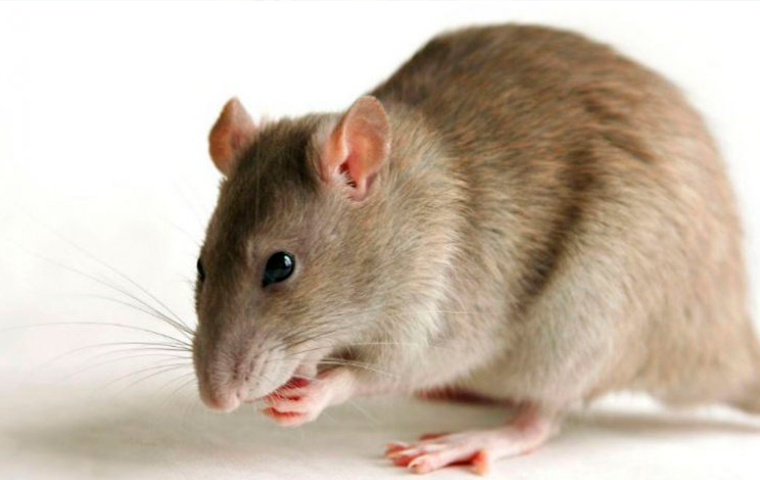
Rodents are highly adaptable creatures found worldwide, capable of thriving in various habitats with access to food and water. Due to their small size, they can easily infiltrate homes and commercial premises through small openings, with rats squeezing through holes the size of a coin and mice utilizing gaps half that size.
The presence of rodents can raise concerns due to the potential health risks they pose. These pests may carry diseases and contaminate food with their waste, fur, and saliva. Mice, for instance, can contaminate about ten times the amount of food they consume. Additionally, rodents serve as hosts for fleas, which can transmit diseases like plague and lymphocytic choriomeningitis virus, particularly affecting individuals with weakened immune systems or pregnant women, leading to various complications.
If you discover a rodent in your home, it's advisable to seek assistance from a pest management professional for safe removal and identification, as it could signify an infestation. It's crucial to avoid handling wild rodents, as they can transmit various bacteria, viruses, and diseases through their saliva, feces, and urine.
Rodent infestations can be challenging to eradicate and may cause significant damage to buildings and agriculture, as well as contribute to the spread of diseases harmful to humans. Prevention efforts, including sealing entry points and implementing cleaning measures, are essential on both individual and community levels to mitigate infestations.
Rodents have a rapid breeding cycle, with some species breeding year-round and producing multiple offspring per litter. Female mice attract males through pheromones, leading to mating and subsequent reproduction. Young mice are born blind, deaf, and hairless, gradually developing over a period of weeks before reaching maturity and becoming capable of reproduction themselves. Given their prolific breeding and short lifespans, rodents can quickly establish and maintain populations if left unchecked.
